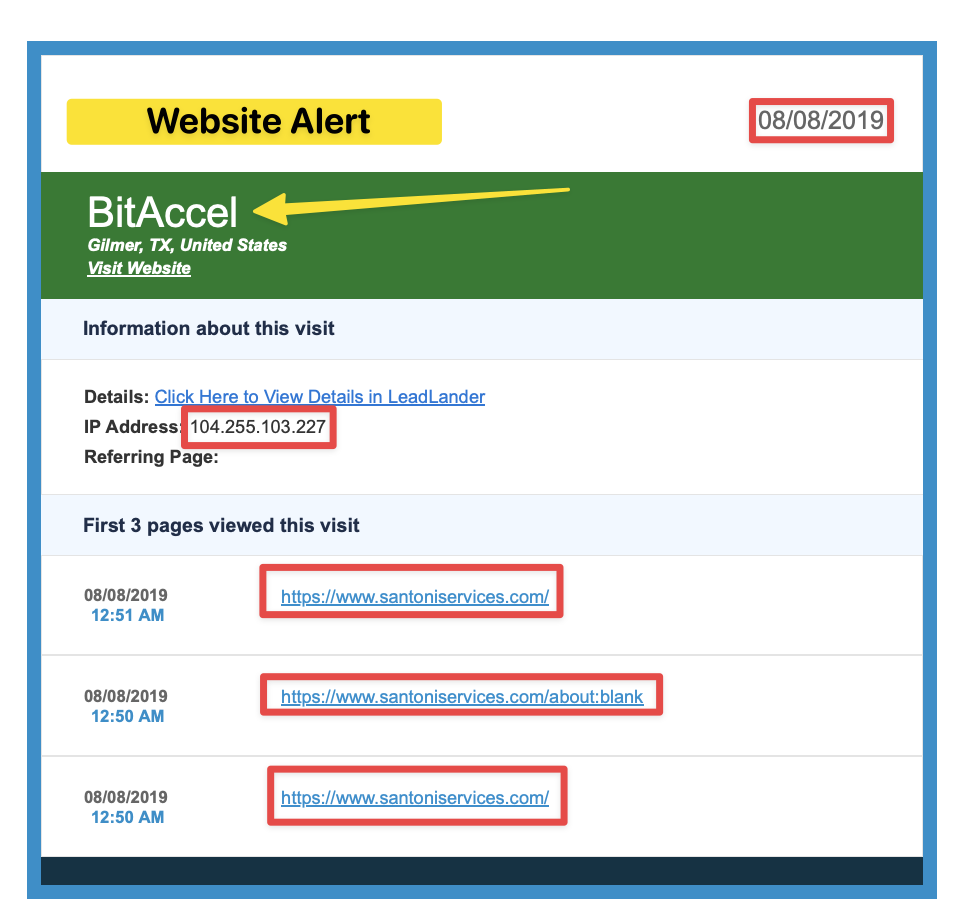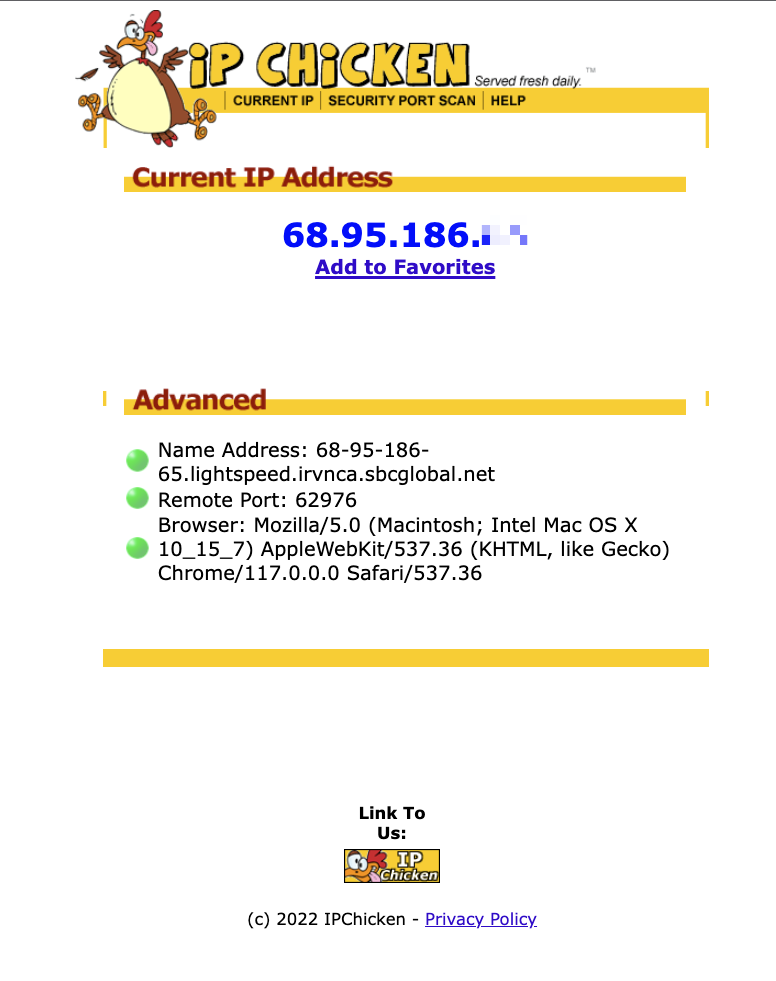When it comes to the legal landscape, every new law or amendment matters because these actions change the rules (and possibly the outcomes). Such is the case in California with the newly signed Senate Bill 235 which brings important changes to the civil discovery process. Under the new law, parties will be required to provide initial disclosures within 60 days of a demand from any party. The previous deadline was 45 days.
The new law will likely have a significant impact on discovery procedures and pose new challenges for most California civil litigators starting next year when it goes into effect. And SB235 also could impact investigative work on a case.
SB235 mandates, rather than merely allowing for, certain initial disclosures to automatically be made in all civil matters. Notably, the law does not apply to unlawful detainer actions, small claims actions, matters proceeding under the Family Code or Probate Code, or any matter in which Section 36 trial preference has been ordered. Self-represented litigants are also exempt from the requirement.
SB235 creates a mandatory disclosure requirement and increases the current suggested $250 sanction to a mandatory $1,000 minimum sanction for lawyers who fail to timely respond to a document request, intend to cause unnecessary delay, and fail to meet and confer to resolve any dispute regarding the request. Specifically, parties will need to disclose persons or records that are relevant to the subject matter of the action, as well as information and records regarding insurance policies or contracts that would make a person or insurance company liable to satisfy a judgment.
Lawyers will need to be vigilant and take additional precautions to ensure clients can comply with this new section – when responding to the initial demand and to any subsequent demands to account for new information or documents identified through further investigation and discovery.
Interestingly, the provisions of SB 235 come with an expiration date. Scheduled for repeal on January 1, 2027, this sunset provision suggests that lawmakers might be testing the waters and provides an opportunity for the legislature to reassess the effectiveness of these changes after a few years.
Having more time to get information right could be a very good thing for the courts. As we’ve seen so many times, success or failure in the courtroom or during the settlement process depends on having the very best, most detailed information about a case. That’s why great attorneys and law firms across the country work with the worldwide team of Santoni Investigations who will ensure you know everything to make the right decisions and maximize the settlement process or win your case in court!


